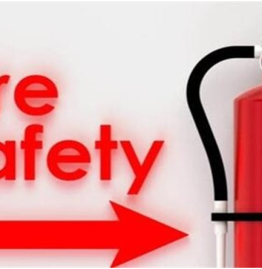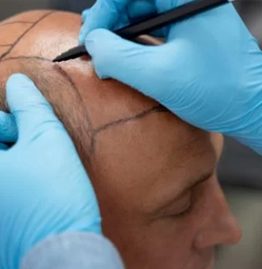People in today’s fast-paced, productivity-focused society always look for new methods to make the most of their day. In this quest, a widespread myth has surfaced that just 24 minutes of sleep will provide enough energy for an entire day of work or play. Is this, however, actually true? In this article, we examine sleep research and dispel the belief that getting by on a few hours of shut-eye each night is sufficient for peak performance.
Why is Sleep important?

Sleep is an important physiological activity that helps our bodies and minds recuperate from the day’s stresses. An adult’s recommended amount of sleep is between 7 and 9 hours per night. Although it’s tempting to think that a quick nap might compensate for lost sleep, studies have shown that this isn’t tase.
Because of its simplistic nature, the “24 minutes of sleep for 24 hours of activeness” concept disregards the complex stages of sleep and the positive effects they have on our health and productivity. There are two main stages to sleep, and they are called NREM and REM, respectively. Both stages’ functions, like memory consolidation, emotional regulation, and physical restoration, are separate.
How a 24-minute nap can recharge your body?

During non-rapid eye movement (NREM) sleep, our bodies heal physically and generate growth- and repair-promoting chemicals. In the meantime, rapid eye movement (REM) sleep helps with learning, creativity, and problem-solving. These phases of sleep are vital to a well-functioning mind and body.
*Attempting to force oneself to sleep for a significant time in only 24 minutes interferes with the body’s normal circadian rhythm. A short nap does not provide enough time in bed or quality of sleep to facilitate the complicated processes necessary for effective recovery. Impaired cognition, lower attention span, decreased productivity, and increased stress levels are some adverse outcomes of inadequate sleep.
*Furthermore, those who consistently shortchange themselves on sleep are at greater risk for long-term health issues like obesity, cardiovascular disease, and a compromised immune system. No quick cures can replace getting enough quality sleep, a cornerstone of health.
*Instead of looking for ways to save time, we should focus on getting the most out of our sleep. The quality of our sleep can be significantly enhanced by developing and sticking to a regular sleep schedule, creating and maintaining a relaxing bedroom atmosphere, and regularly engaging in relaxation practices. These routines help us get the most out of our sleep by maximising the advantages of both non-rapid eye movement (NREM) and rapid eye movement (REM) stages.
Wrapping Up
Taking a short nap throughout the day, even if only for twenty-four minutes, is not the same as getting a good night’s rest. The significance of getting enough sleep cannot be emphasised; it may be tempting to think there’s a quick fix for being more productive. High levels of performance and productivity necessitate getting the recommended amount of sleep each night, between 7 and 9 hours. To achieve our full potential as human beings, let’s treat sleep as a vital ally and make it a top priority.


































































